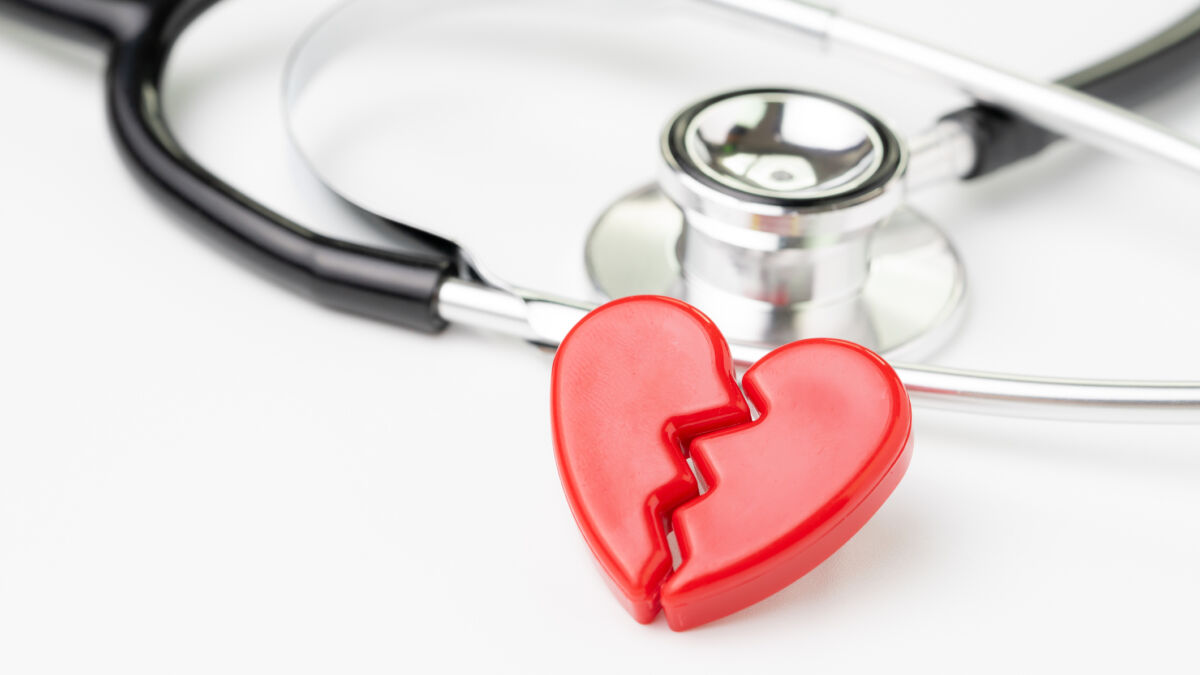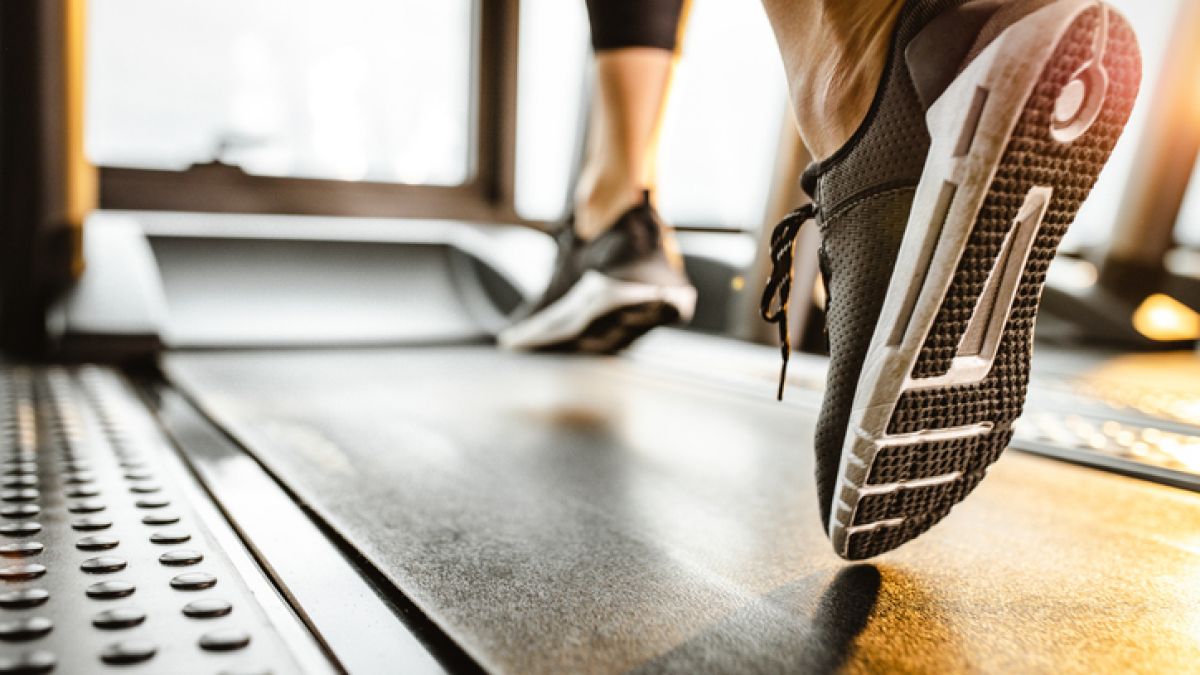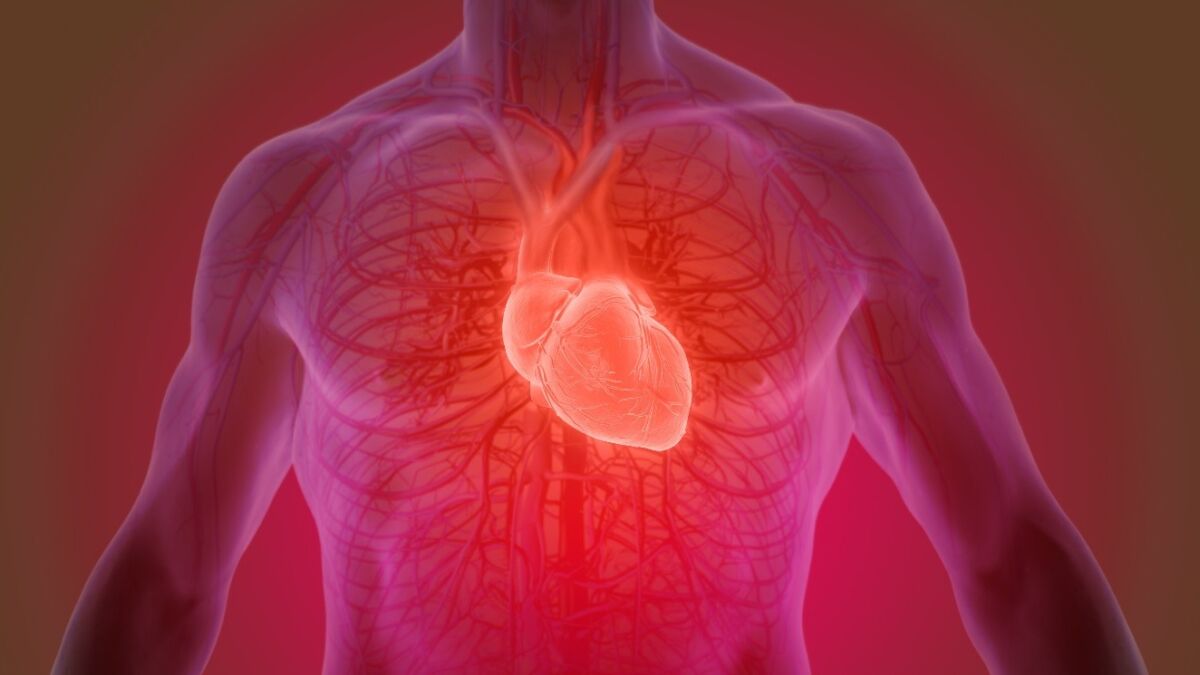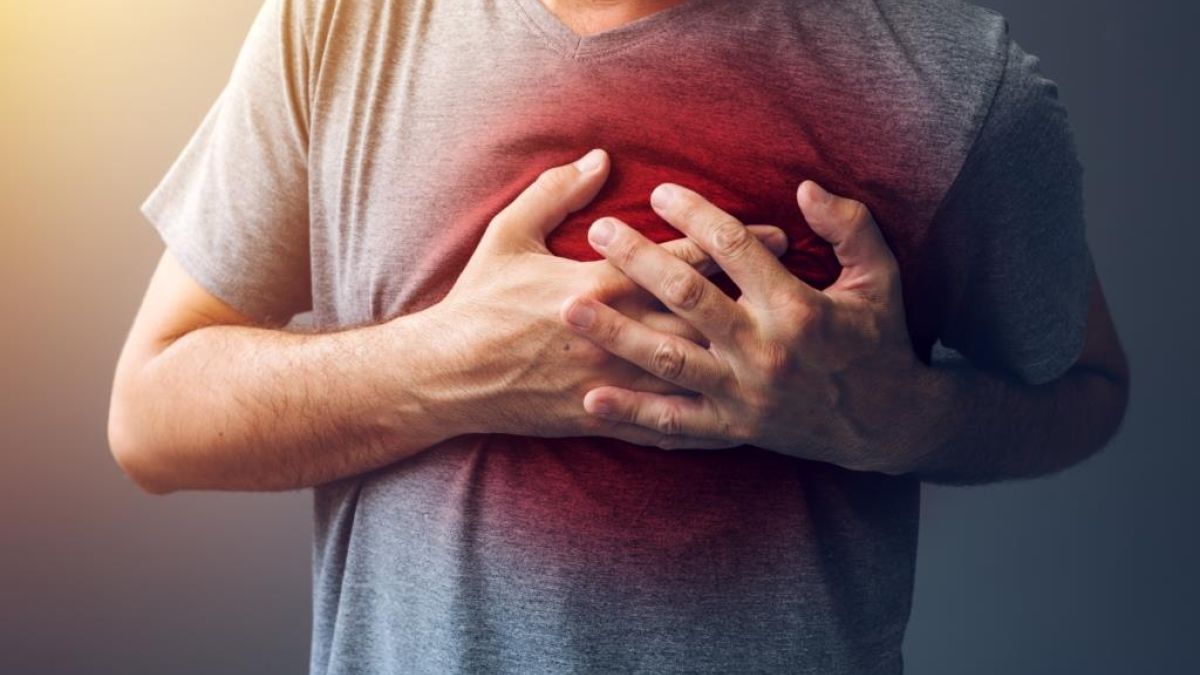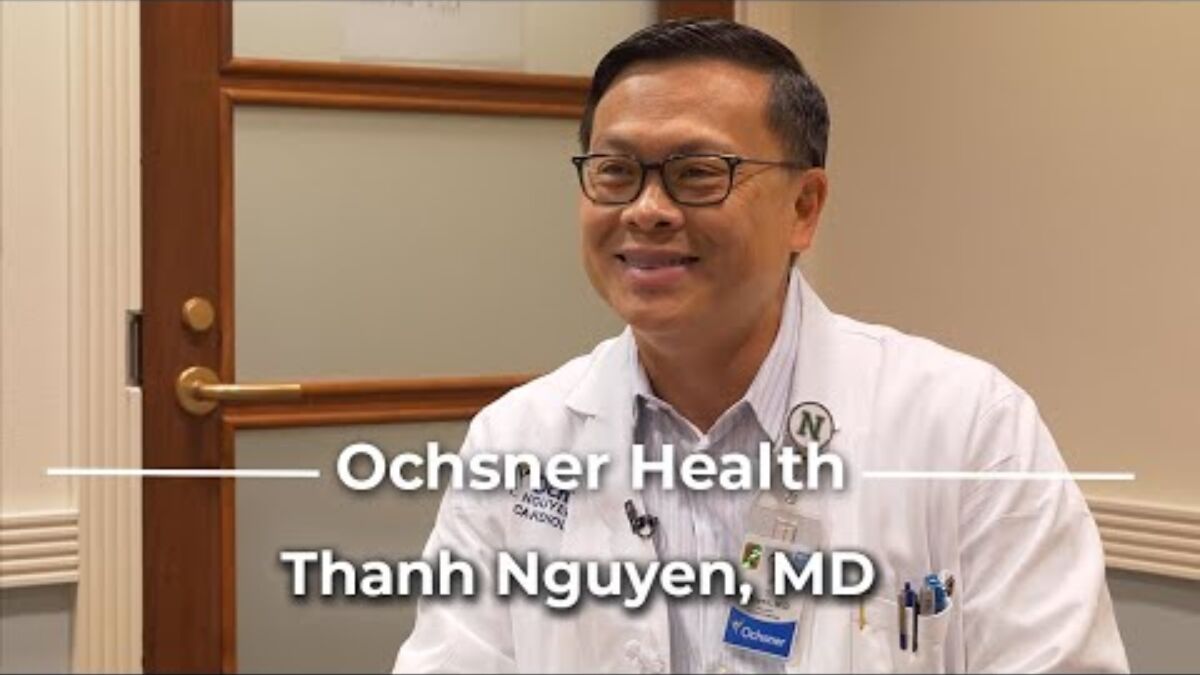Why choose Ochsner Health for your interventional cardiology care?
When your heart is in need, you want quality care, close to home. At the John Ochsner Heart & Vascular Institute, our interventional cardiology team focuses 100% on interventional procedures. They work with a multidisciplinary team of subspecialists to provide expert diagnosis and treatment of conditions affecting the hearts and blood vessels of residents in Louisiana and Mississippi, and they’re pleased to offer their services to you.
Each year, our interventional cardiologists perform nearly 4,000 procedures, making our internationally renowned team one of the most experienced in the nation. Our team includes national leaders from the American College of Cardiology, the Society for Cardiac Angiography and Interventions, and the Society of Vascular Medicine, and they’re all dedicated to reaching the same goals: nonsurgical treatment and prevention of heart attack, limb loss, stroke and structural heart disease.






